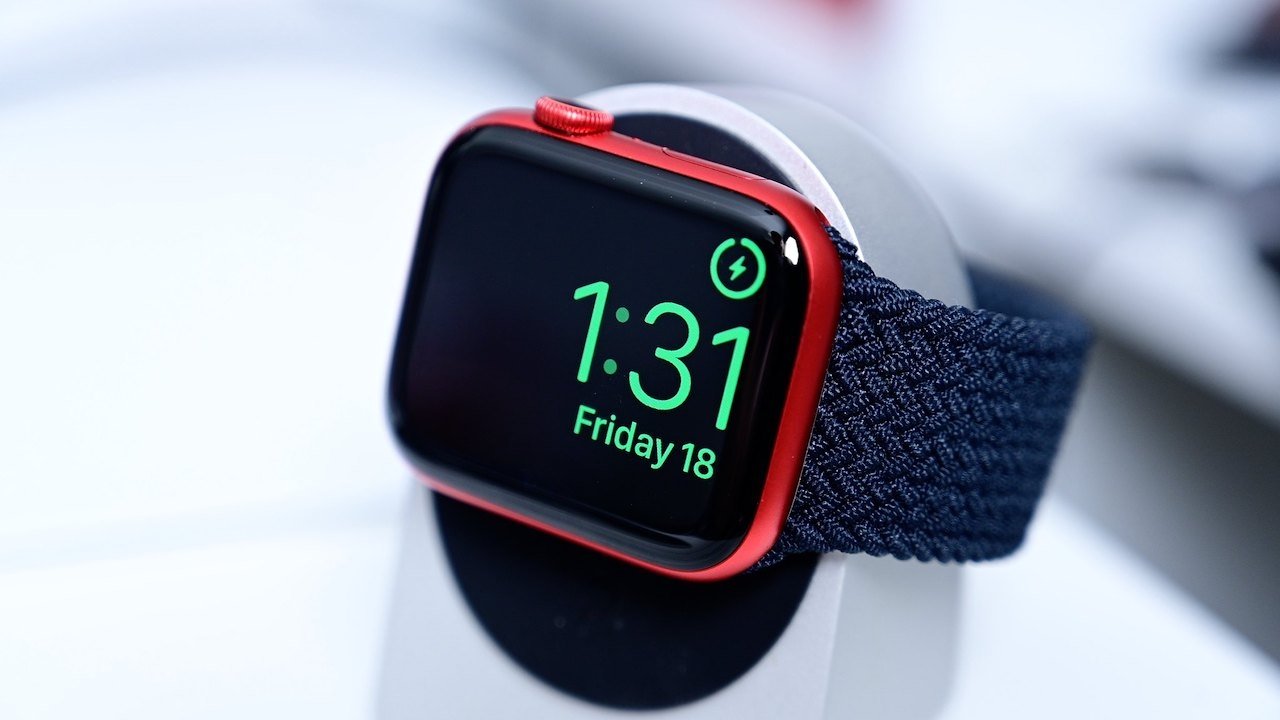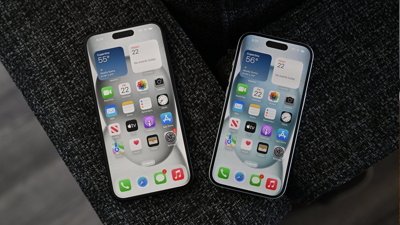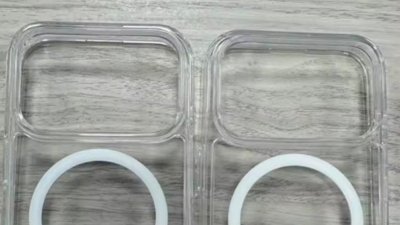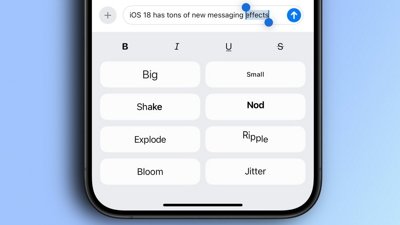An Apple Watch alerted a woman that her heart rate was too low on multiple occasions, leading to multiple hospital visits and pacemaker.
Patti Sohn reached out to her local news team, KMOV4, in St. Louis to explain the events surrounding the Apple Watch saving her life. While sitting at home on the couch, she was alerted of an abnormally low heart rate and rushed to the hospital.
"I know this isn't a medical device, but I tell you I really believe it saved my life by alerting me of my heart rate," said Patti Sohn. "I would have not gone to the hospital."
Her first visit to the hospital didn't diagnose any issues but she left with a dedicated monitoring device. Four days later, her Apple Watch notified her of a low heart rate again.
The second visit to the hospital resulted in a pacemaker being put in. Sohn credits the Apple Watch with saving her life.
The watch had been a gift from her son on Mother's Day, and she's thankful she found out about the issue before things got worse. However, doctors warn that the Apple Watch isn't a medical device and those feeling symptoms should seek medical assistance from a physician.
 Wesley Hilliard
Wesley Hilliard


 William Gallagher
William Gallagher
 Malcolm Owen
Malcolm Owen


 Oliver Haslam
Oliver Haslam
 Amber Neely
Amber Neely
 Marko Zivkovic and Mike Wuerthele
Marko Zivkovic and Mike Wuerthele










4 Comments
It’s nice to read about situations like this and how the Apple Watch has been helpful in people better managing their health, or even being alerted to potential issues that likely would have gone unnoticed had it not been for the Watch. I’ve had my series 5 now for a couple of years and between it and my desire to work on my health during the pandemic, I’ve watched my resting heart rate drop from the upper 50’s to low 60’s to now in the upper 40’s to low 50’s.
I get the low heart rate warning on my Watch at least once a week. It generally happens just before dawn when my heart rate slips down from the low 40’s to the mid to upper 30’s. But in my case, it’s a reflection of just how improved my cardio health is now. I do cardio workouts 6 days a week and I can get my heart rate up to the 160’s and have it drop back down to a normal 50-ish rate within minutes of stopping a workout, which is crazy considering I used to feel wiped out after even a semi-strenuous workout.
The Watch isn’t making me healthier, but it does give me the tools to better recognize my own health, and has helped keep me motivated to continue my self improvement.
The same thing happened with my neighbor. His Apple Watch notified him of his low heart rate at night three times. He initially thought that something was wrong with the watch. But he had it checked out. Sure enough, he needed, and now has a pacemaker. I think these scenarios happen far more often than are publicized. Between heart rate, oxygen levels, and soon (hopefully) blood glucose levels, such devices will improve the quality of life for a lot of people.
I've experienced the "call 911 if you have a fall during a workout". I did a big endo on a mountain bike, and after getting up, noted my watch was ready to call 911 if I did not respond in 45 seconds ( I think that's the countdown). If I had been alone, and the fall had been a bit worse it could have saved my life.